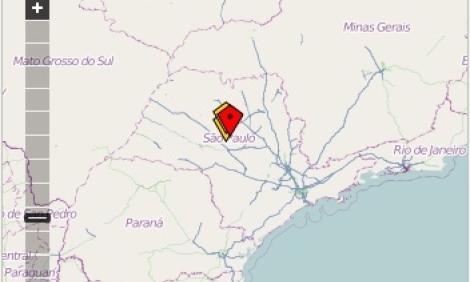
Feminist talk
A little red dot on a map points to a significant debate
A Feminist talk entry published in GenderIT.org (in Portuguese) started an interesting exchange related to the complex fields of freedom of expression, censorship, hate speech, legal remedies, and ICT related violence against women. You must be asking yourself what it was about, in order to start such a complex debate. Well, it all starts with a map.
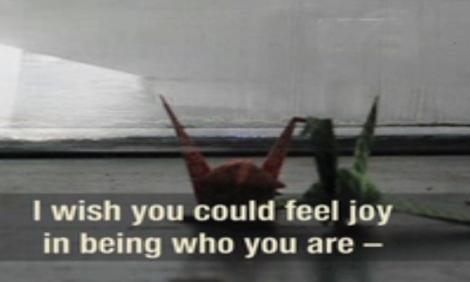
In depth
Digital Storytelling as a Feminist Practice
Digital storytelling provides a powerful way of using information and communication technologies to empower marginalised women. Digital stories are produced and distributed by digital media. In digital storytelling workshops, marginalized women and women’s rights activists develop a forum to tell their stories and share their experiences by producing short films about themselves.
Feminist talk
Rape and the courts: Going online isn't really justice
Savannah Dietrich was raped. The rapists took photographs and circulated them at her school - but in a plea bargain, she was told that she was not allowed to tell people what had happened. She posted the names of her attackers on social media sites, risking a jail sentence and a fine. But is this justice?
Feminist talk
It's violent, it's misogynist. Something needs to be done, but what?
For those of you that don't know the appalling vitriol that Anita Sarkeesian has been subject to, you can read a summary of it here. It's worrying that there are people out there who are capable of perpetrating this campaign of hatred. But what's more worrying is that we don't seem to know what to do…
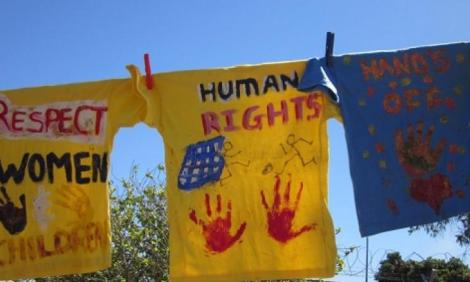
In depth
UPR of South Africa: Connecting the right to communication to women´s rights
South Africa's constitution guarantees freedom of expression, and has been interpreted to include the right to community media and to creative journalistic content. However, these progressive interpretations come in the light of broadcasting, rather than the internet. Online media and its regulation in South Africa fall short of the human rights standards that South Africa has recognised under…
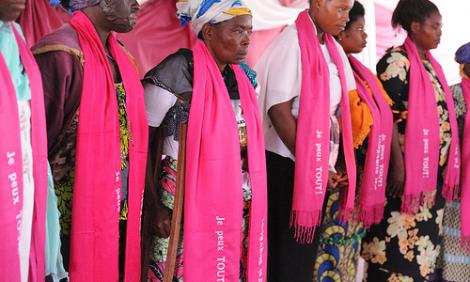
In depth
Going online is the same as going out to a rally
In early April 2012 in Istanbul thirty people from six continents met at the APC “Dialogue on digital security and women's human rights defenders” to discuss regional and global trends on digital security, freedom of expression and freedom of association, and their impact on women's human rights defenders. Katerina Fialova and Sonia Randhawa interviewed two of the participants to interrogate/…
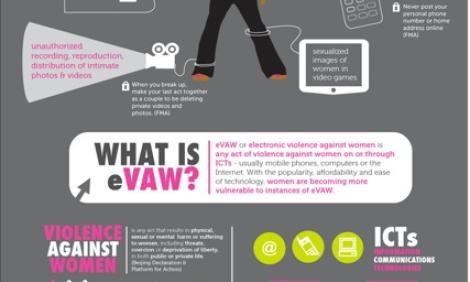
Publication
Emerging forms of violence against women in the Philippines
These materials were produced by the Foundation for Media Alternatives from the Philippines as part of APC's MDG3: Take Back the Tech! to end violence against women project between 2011 and 2012. You can find useful materials for awareness raising and training on the subject of violence against women mediated through information and communication technologies, also called eVAW..
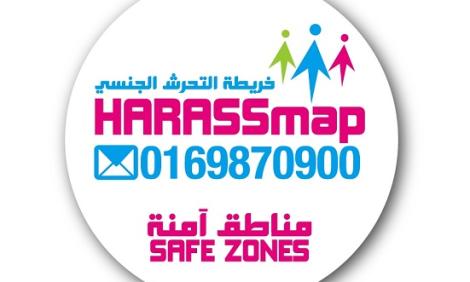
Feminist talk
Taking street harassment off the streets and off the map!
I walked in late to the jam-packed session “Bringing Gender to the Streets: Young Women Amidst the Arab Uprisings” at AWID Forum 2012. This was not a session about technology or the internet, but it was a common strand running through each presenters' activism and evidence-building for women's rights, even and perhaps especially in the midst of revolution.
Publication
Submission to the UPR: Women’s access to justice in the Philippines
The submission to the UPR process elaborated by the Women´s Legal and Human Rights Bureau, Inc from the Philippines addresses the issue of women’s access to justice in the country, which highlights technology-related violence against women (VAW) as an emerging form of VAW. The submission also looks at the gaps and challenges in available domestic remedies to survivors of violence and abuse…
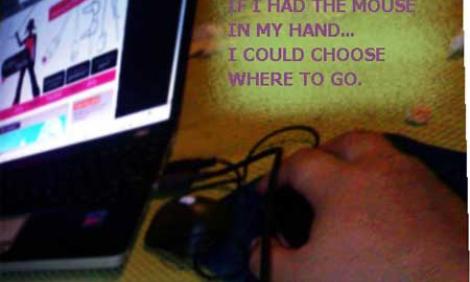
Publication
Voices from digital spaces: Technology related violence against women - executive summary
Drawing on findings from APC's MDG3: Take Back the Tech! project with women's rights organisations in twelve countries in Asia, Africa and Latin America, this paper explores the links between the internet, cell phones and violence against women and illustrates that technology related violence impacts women as seriously as other forms of violence.




